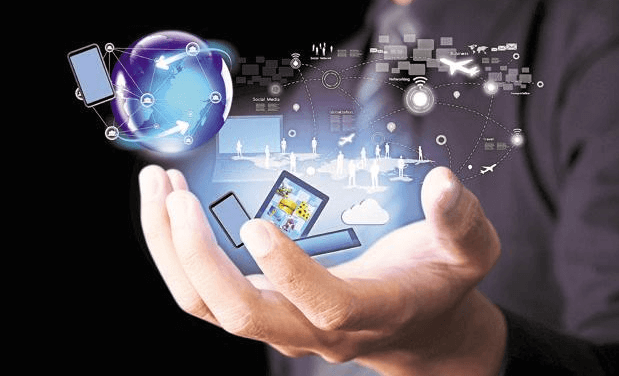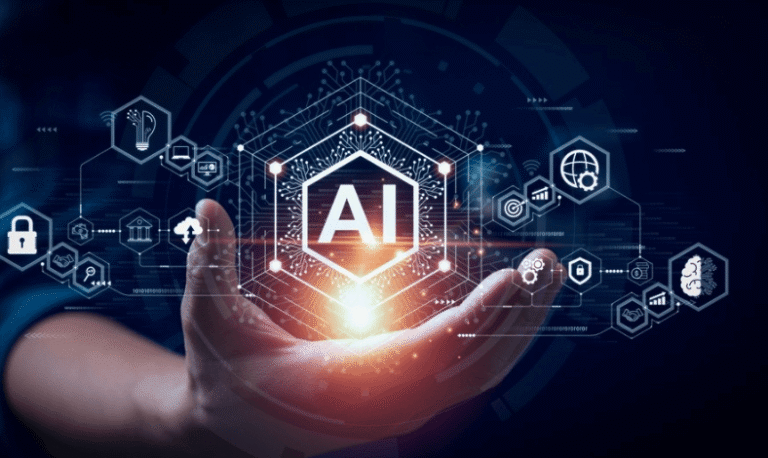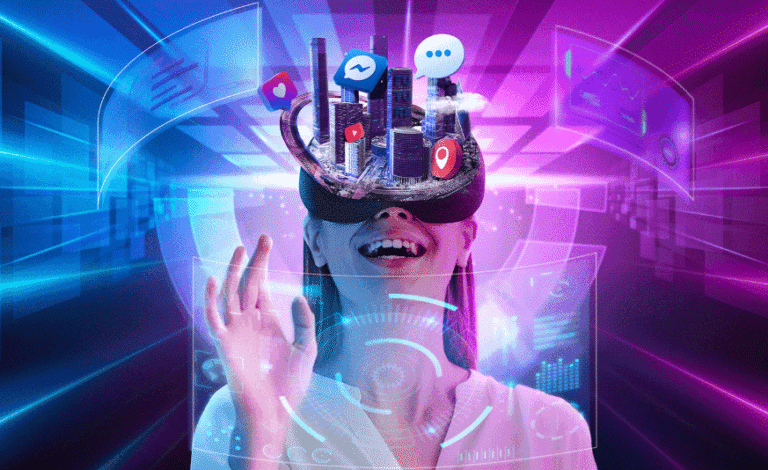Technology is evolving at lightning speed, transforming industries, lifestyles, and global economies. From artificial intelligence (AI) and cloud computing to 5G, cybersecurity, blockchain, and green innovations, modern tech is no longer just about convenience—it is driving the future. This article explores the most impactful technology trends in 2025 and how they influence our daily lives and business growth.
Artificial Intelligence: The Brain of Modern Innovation
Artificial Intelligence is at the core of technological advancement.
- Healthcare: AI tools assist doctors in diagnosing diseases, analyzing scans, and even predicting outbreaks.
- Business Operations: Chatbots, automated marketing, and data-driven analytics are improving efficiency.
- Personal Use: AI-powered apps, voice assistants, and self-driving cars bring futuristic experiences into reality.
Experts predict AI will add over $15 trillion to the global economy by 2030, making it one of the most important innovations of the decade.
Cloud Computing: Flexibility for the Digital Age
Cloud computing is essential for both businesses and individuals.
- Remote Work: Teams can collaborate in real-time from anywhere in the world.
- Scalability: Companies can expand digital storage and computing power instantly.
- Cost Savings: Reduces the need for expensive physical hardware.
As hybrid work continues to rise, the cloud ensures efficiency, security, and accessibility.
See also: Technology in 2025: Innovations Shaping the Digital Future
Internet of Things (IoT): Building Smart Connections
The Internet of Things connects billions of devices worldwide.
- Smart Homes: Devices like thermostats, lights, and security cameras provide convenience and safety.
- Healthcare: Wearable devices monitor heart rates, blood pressure, and fitness goals.
- Smart Cities: IoT helps manage traffic, energy, and waste systems efficiently.
By 2030, it is estimated there will be 30+ billion IoT devices globally, reshaping daily life and industries.
Cybersecurity: Protecting Digital Growth
As digital adoption increases, cyber threats grow too.
- AI in Security: Machine learning tools detect and stop threats instantly.
- Data Privacy: Strong encryption and authentication systems protect personal and corporate data.
- User Awareness: Training individuals to recognize phishing and scams reduces risks.
Since cybercrime damages cost businesses billions yearly, cybersecurity is becoming a top priority in tech development.
5G Technology: Faster, Smarter Connectivity
The rollout of 5G networks is revolutionizing global communication.
- Ultra-Speed: Enables faster downloads, seamless streaming, and real-time gaming.
- Low Latency: Supports critical applications like telemedicine and autonomous vehicles.
- Business Growth: Factories and industries use 5G for automation and real-time data exchange.
5G is more than faster internet—it is the foundation for future smart innovations.
Blockchain: Beyond Cryptocurrency
Blockchain is famous for powering cryptocurrencies, but its uses go further.
- Finance: Provides secure, transparent digital transactions.
- Supply Chain: Tracks goods from origin to consumer, improving trust.
- Healthcare: Secures patient records and data sharing.
With Web3 and decentralized apps emerging, blockchain will reshape industries from finance to healthcare.
Green Technology: Sustainability Meets Innovation
Technology is also driving solutions for environmental challenges.
- Renewable Energy: Solar, wind, and hydro systems are becoming more affordable and powerful.
- Electric Vehicles (EVs): The shift to EVs reduces carbon emissions significantly.
- Smart Energy Systems: AI-powered grids optimize electricity use, lowering waste.
Green technology shows that innovation can be eco-friendly while supporting global progress.
Emerging Technologies to Watch
Several technologies are still developing but promise major change:
- Quantum Computing: Solves complex problems faster than supercomputers.
- Metaverse: Offers immersive virtual environments for education, work, and entertainment.
- Biotechnology: Genetic engineering and personalized medicine bring life-saving breakthroughs.
- Artificial General Intelligence (AGI): A future where machines may think like humans.
These innovations could redefine the future of industries, education, and society.
Conclusion
The role of technology in 2025 is not just about convenience—it is about transformation. From AI, cloud computing, IoT, cybersecurity, 5G, blockchain, and green technology, the world is becoming more connected, secure, and sustainable. At the same time, emerging innovations like quantum computing and biotechnology will open entirely new possibilities.
For businesses, adopting these technologies is critical for growth and competitiveness. For individuals, they offer smarter living, better healthcare, and stronger digital security. Ultimately, technology is not only shaping the future—it is the future.



